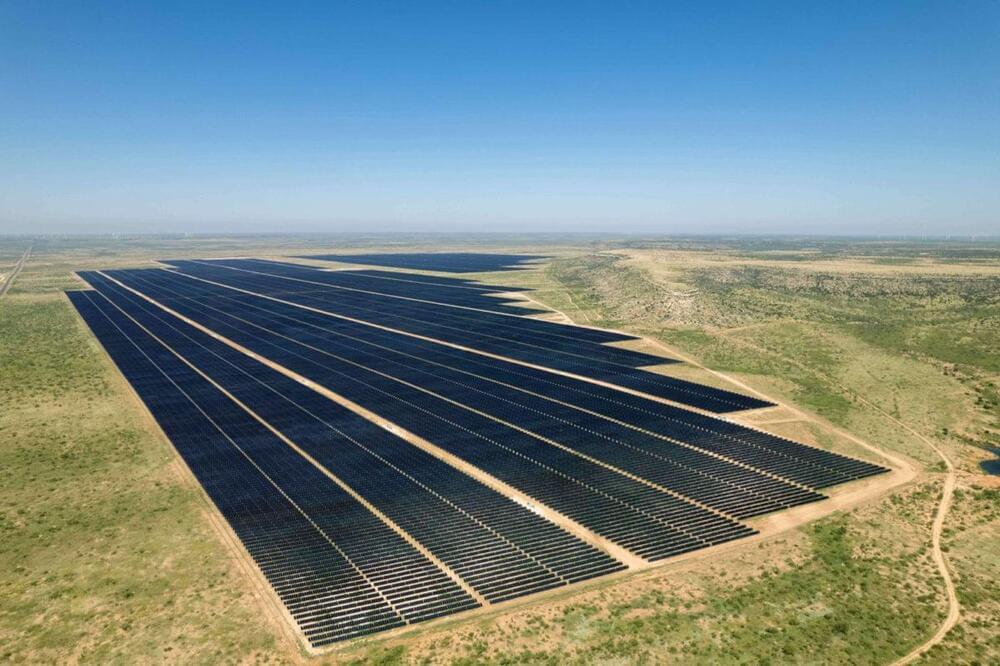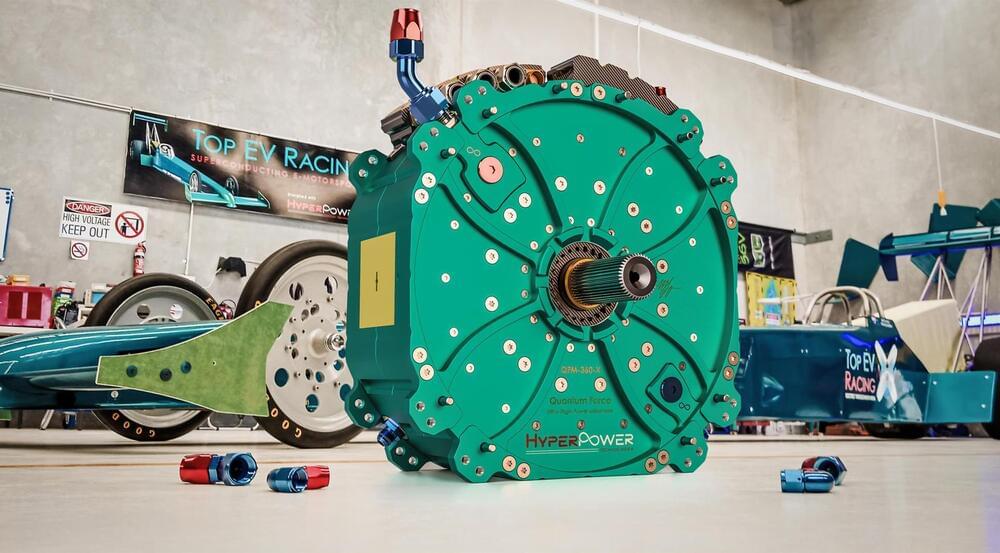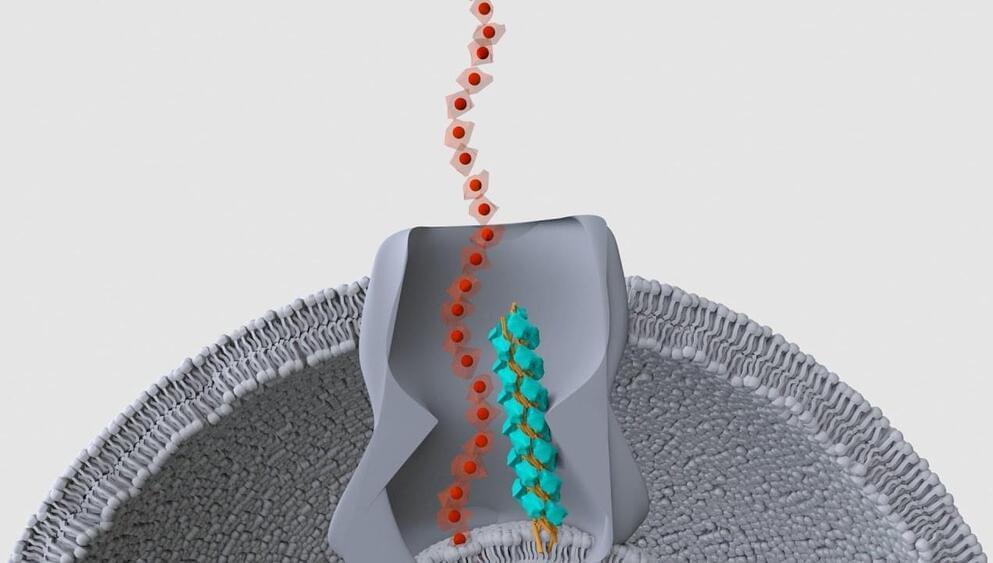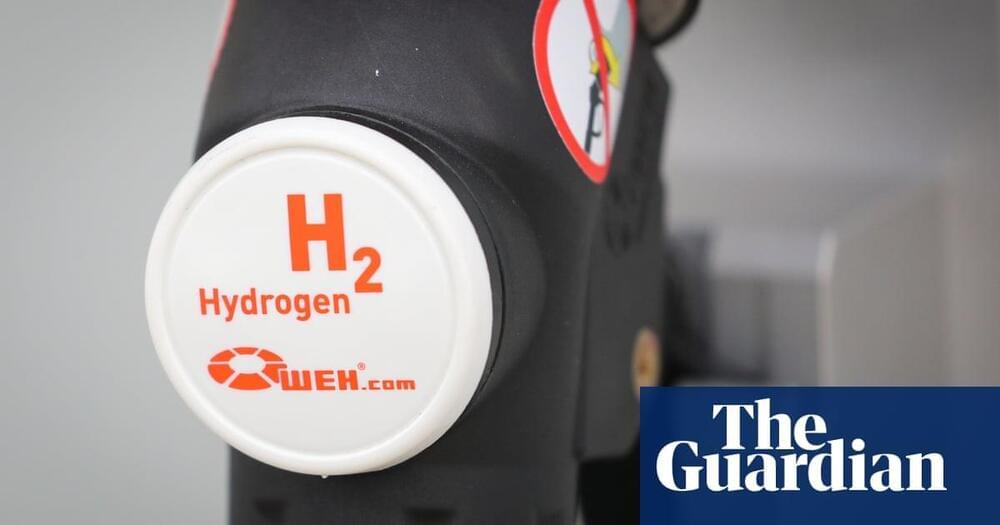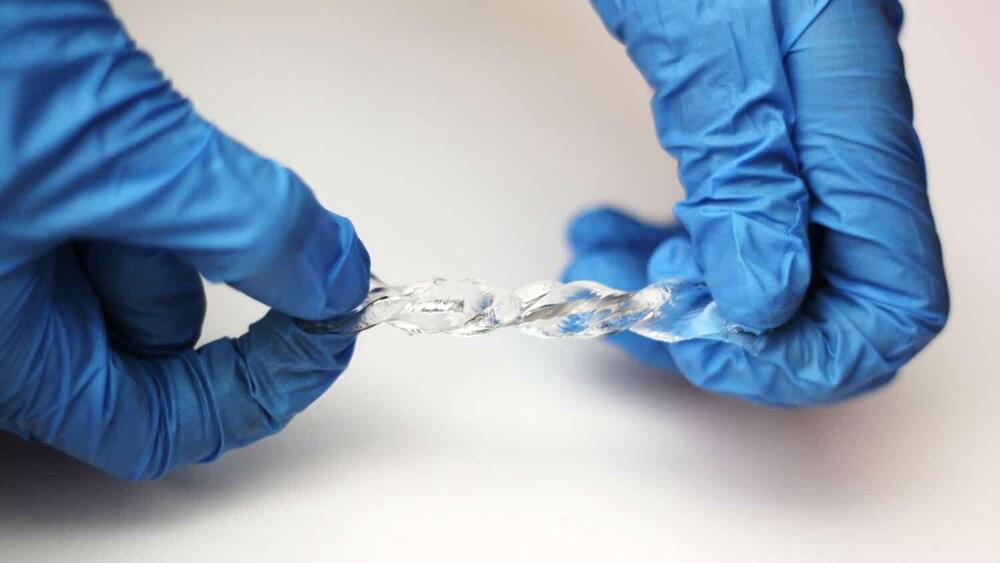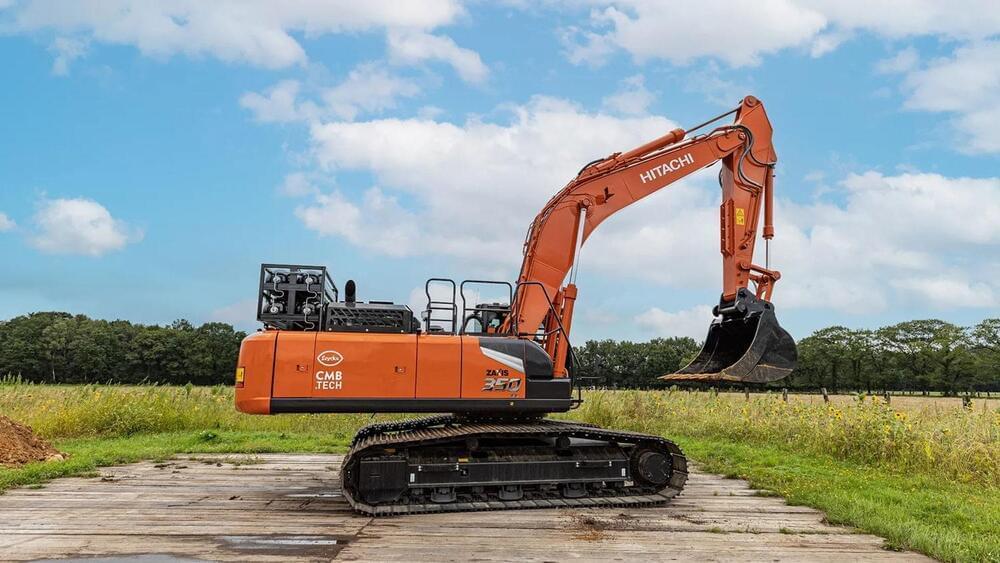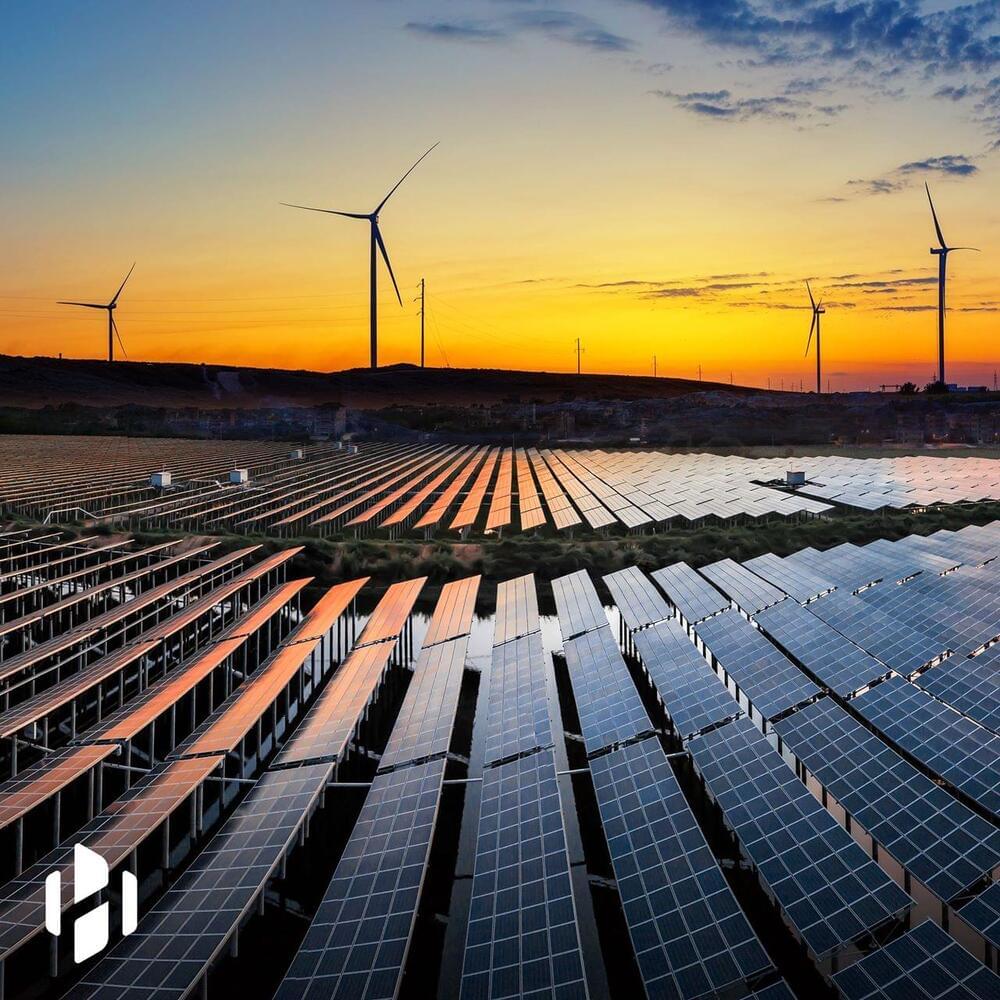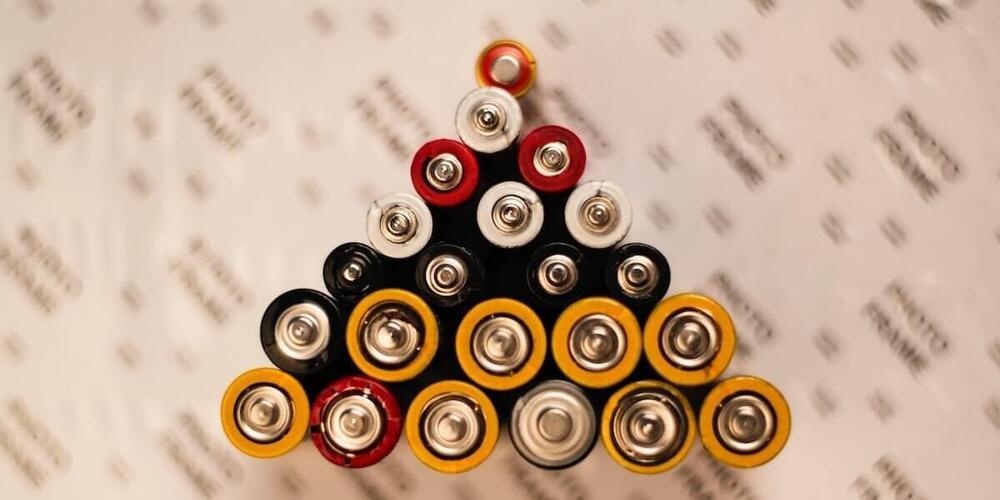
Batteries are widely used in everyday applications like powering electric vehicles, electronic gadgets and are promising candidates for sustainable energy storage. However, as you’ve likely noticed with daily charging of batteries, their functionality drops off over time. Eventually, we need to replace these batteries, which is not only expensive but also depletes the rare earth elements used in making them.
A key factor in battery life reduction is the degradation of a battery’s structural integrity. To discourage structural degradation, a team of researchers from USC Viterbi School of Engineering are hoping to introduce “stretch” into battery materials so they can be cycled repeatedly without structural fatigue. This research was led by Ananya Renuka-Balakrishna, WiSE Gabilan Assistant Professor of Aerospace and Mechanical Engineering, and USC Viterbi Ph.D candidate, Delin Zhang, as well as Brown University researchers from Professor Brian Sheldon’s group. Their work was published in the Journal of Mechanics and Physics of Solids.
A typical battery works through a repetitive cycle of inserting and extracting Li-ions from electrodes, Zhang said. This insertion and extraction expands and compresses the electrode lattices. These volume shifts create microcracks, fractures and defects over time.
